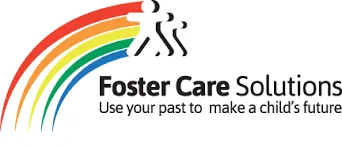Why do children go into foster care?
There are a number of different reasons why children come into foster care, ranging from a parent's death to issues of substance abuse. Sadly, the majority of the children in care are in care due to a history of abuse and neglect within their birth families.
We have listed the most common reasons why children come into care below...
Why do children go into foster care?
• Abuse
• Neglect
• Family illness
• Death of a parent
• Drug or alcohol issues
• Mental health struggles
• Behavioural challenges
• Family relationship breakdowns
• Domestic violence
• Parent or child with disabilities
• Children seeking asylum
Every child's circumstances are different. Their experience of fostering may also be different. The end goal for fostering is always to find permanence for the child, either through rehabilitation to their birth family, adoption, Special Guardianship Order, or long-term fostering. This could take a weekend or a decade, but we will always strive to make the child's fostering experience as positive as possible and to give the child the opportunity to reach their full potential.
Whilst the child is in foster care, regular family time with their parents and extended family is arranged, this can be daily, weekly, or monthly when appropriate. Studies show that time with birth parents can increase the possibility of them returning to their family home and it also helps the child to understand who they are; their identity. There are some situations that may determine that family time is not in the child's best interest, for example, if there are issues of safeguarding. If this is the case Social Workers will do what they can to arrange the visits to happen in a supervised location with workers who will intervene to keep everyone safe. On some occasions, family time might be done virtually/online, for example, if a parent is unwell or the child lives away from the area. Children may also be able to call their family or write to them, so the child can maintain a relationship with their family in some way.
If you think you could be a foster carer, fill out our enquiry form below and start your fostering journey today.
We Are Here To Guide You
Become a Foster Carer Today
01914 250 095
Ready to change a young person's life?

* All our carers are paid above the
Fostering Network Payment Guidelines.
(Payment made to each fostering household with
a child or young person in their care).
Enquire now!
